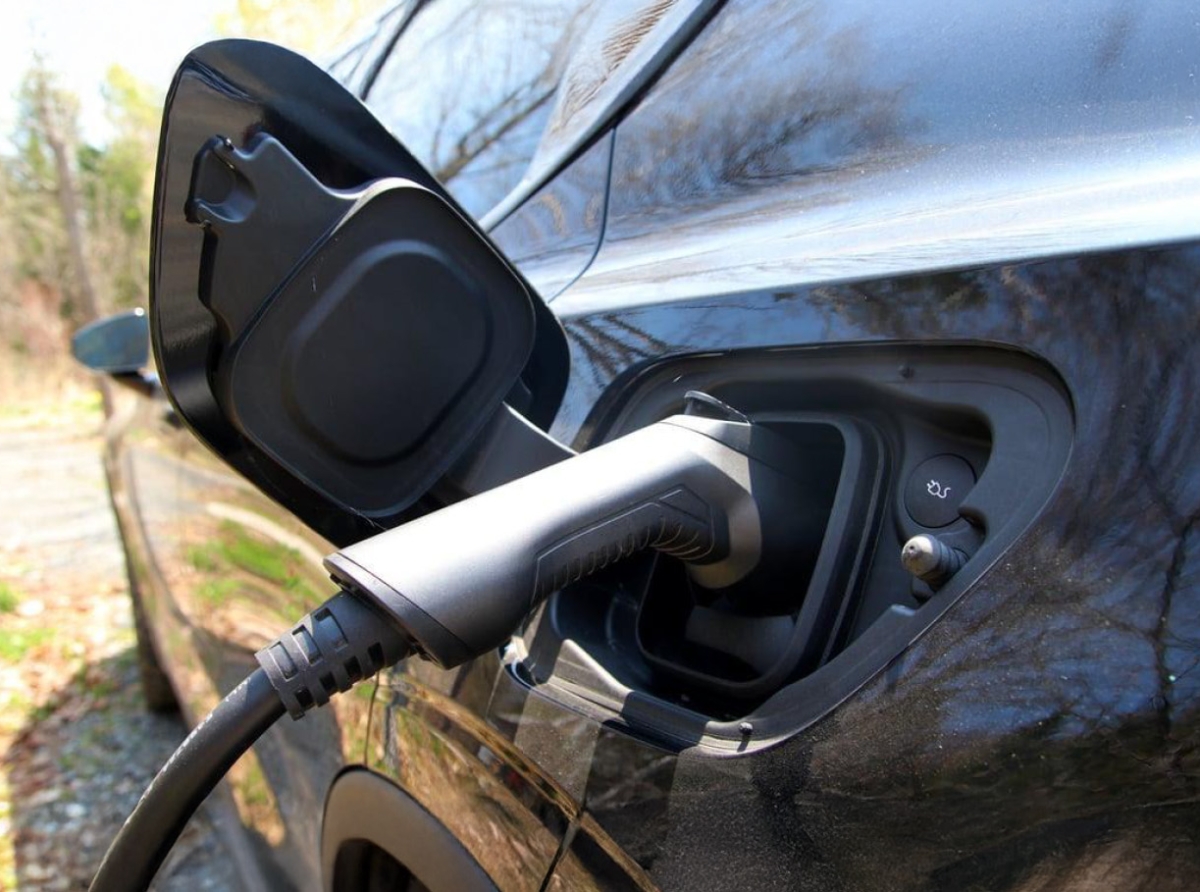Electric vehicles: manufacturers must lower their prices, says Équiterre

Montreal, January 21, 2025 - Following recent announcements regarding the suspension of federal and provincial subsidies for the purchase of electric vehicles, Équiterre states that the logical next step in electrification is for the automobile industry to lower the price of its vehicles.
"The government and taxpayers have done their part for many years to give the electric vehicle market its momentum. Now it's the automakers' turn to step up," says Blandine Sebileau, sustainable mobility analyst at Équiterre.
" One question arises: are these subsidies now benefiting consumers more, or manufacturers? The industry has chosen to focus on ever-larger, more energy-intensive, and ultimately more expensive electric models. Now, without these subsidies, these models suddenly become less attractive. It is not up to citizens and governments to foot the bill," she adds.
A Strategy Against the Current
According to Équiterre, the recent calls from the automobile industry to scrap the Zero-Emission Vehicle (ZEV) standard—which requires manufacturers to sell an increasing volume of electric vehicles or face financial penalties—not only undermine Quebec’s electrification targets but also conceal an effort to protect profit margins.
"The purpose of setting sales targets under the standard is precisely to force manufacturers to adjust vehicle prices to make them appealing and truly affordable," explains Blandine Sebileau.
Notably, some automakers have already started offering price reductions to their customers to address the situation, including Chevrolet, Hyundai, Kia, Nissan, Ford, and Volkswagen.
"They have the ability to do this. It is not inevitable that the cost is always passed on to the public," she states.
Next Steps
Finally, Équiterre is calling on provincial and federal governments to clarify their vision for the next steps, not only regarding the electrification of the vehicle fleet but also the broader decarbonization of the transportation sector.
"If we consider the funds that will be freed up by ending these subsidies, it opens the door to a wide range of alternatives for financing the ecological transition of the transportation sector. Beyond vehicle electrification, these funds could, for example, be used to expand and operate public transit," concludes Blandine Sebileau.
The organization also reiterates that implementing a fee-rebate system for vehicles would be a more effective measure to promote the adoption of less energy-intensive and more affordable models while ensuring self-financing of the electric vehicle support program—an ongoing demand from Équiterre to governments for many years.


 En
En  Fr
Fr 




